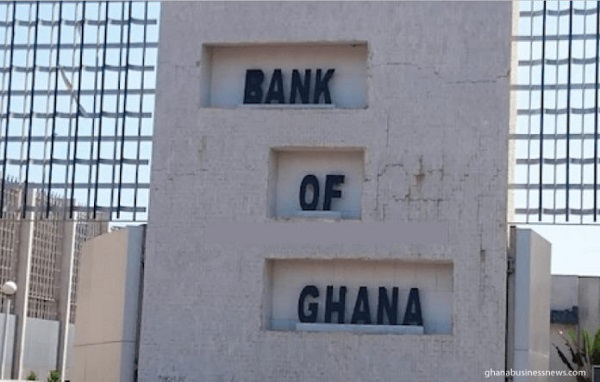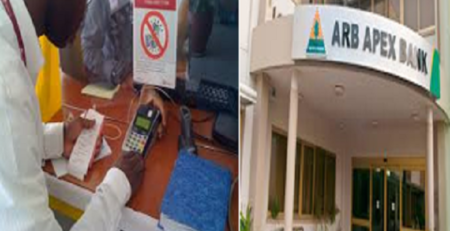BoG adopts retail token-based digital currency
The Bank of Ghana has adopted a retail token-based central bank digital currency (CBDC) as the ‘eCedi of choice’, which enables the currency to be stored locally on a card, on a phone, or a smart device and can be passed on from one user to another.
The retail CBDC is digital cash that is designed to take on most traditional attributes of physical cash, as well as have other additional functionalities depending on its final design.
The central bank in its eCedi design paper said, in line with the strategic initiatives and key motivations, the eCedi will be designed to have characteristics such as being accessible to both the general public and businesses; covering low-value payments as well as utilising existing payment infrastructure; and mitigate potential risks for the banking system disintermediation.
“In this context, the eCedi is considered a digital version of the Ghana cedi notes and coins that are issued by BoG. Accordingly, the eCedi is a legal tender and convertible to Ghana cedi in the form of cash or deposit money at a 1:1 ratio,” the central bank said.
Retail CBDC can be used by individuals for Peer-to-Peer (P2P) transfers, and Person-to-Business (P2B), Business-to-Person (B2P), B2B, Person-to-Government (P2G), and G2P payments besides cash and existing payment media and instruments.
Contrary to banknotes that are stored in physical wallets, the eCedi is stored in a digital wallet since it is represented by a token, which is also a value note. Payment is done by transferring the value note from one person to another, similarly to cash whereby payment is done by transferring physical banknotes and/or coins from person A to person B.
“The Bank of Ghana has proceeded on the understanding that a CBDC may be designed with a variety of possible architectures and design features. In this regard, Ghana’s CBDC project is tailored to needs as stated in its policy objectives,” said the Bank of Ghana Governor, Dr. Ernest Addison.
“It is envisaged that the digital currency will dovetail with the existing payment landscape of Ghana. The Bank of Ghana will therefore extensively engage stakeholders as much as possible for their active participation and successful implementation,” he added.
The interest in a Central Bank Digital Currency (CBDC) has escalated in the past few years. According to a BIS survey in 2021 on CBDC, 86 percent of central banks were actively researching the potential for CBDCs, 60 percent were experimenting with the technology, and 14 percent were deploying pilot projects.
Given that user acceptance of the eCedi is contingent on it meeting consumer needs, the Bank of Ghana said the eCedi design will factor in the needs and expectations of consumers (on the client`s side) and merchants (on the acceptance side).

Recent market surveys by the Bank indicate that smartphone apps and smartcards are considered to be the optimal solutions from clients’ perspective.
Accordingly, BoG has designed two types of wallets for the eCedi in the form of hosted wallets – server-based storage systems that are managed by financial institutions; and hardware wallets – secure portable storage devices held by individuals.
“The most optimal form factor for the eCedi wallet is the app for a smartphone developed by commercial banks, FinTech companies and other service providers. Other devices can be utilised depending on user preferences and payment scenarios. These could be smartcards (including the biometric ones) or wearables such as smartwatches that contain communication capabilities and a secure element,” the bank said.
Similarly, the BoG further highlighted that debit cards and USSD devices which are associated with the existing payment landscape in the country can be adapted to the eCedi. Thus, users can get the type of wallet that suits their needs from a bank or other financial service provider.
Source: B&FT















Leave a Reply